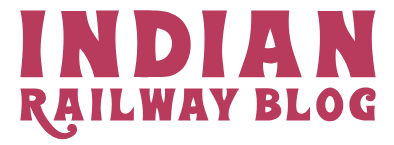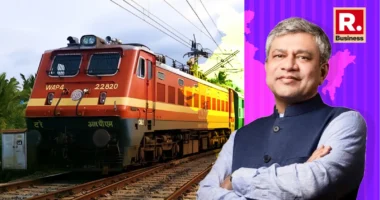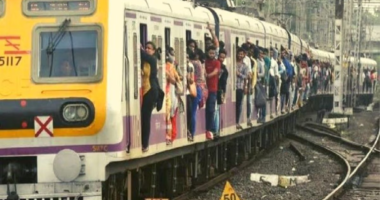In a significant move aimed at bolstering the efficiency and safety of railway operations, the Railway Minister recently held a meeting with Chief Loco Inspectors. This strategic engagement underscores the Ministry’s commitment to improving India’s railway infrastructure and services, focusing on operational excellence and the well-being of workers. The dialog provided a platform for inspectors to voice their challenges and discuss potential solutions directly with policymakers.
Understanding the Role of Chief Loco Inspectors
Chief Loco Inspectors play an indispensable role in the daily operations of the railway network. Their responsibilities include:
- Monitoring and Evaluating Locomotive Performance: Inspectors ensure that the trains are in optimal condition, reducing the likelihood of breakdowns.
- Training and Supervising Loco Pilots: They are responsible for the education and safety training of loco pilots, ensuring adherence to safety protocols.
- Implementation of Safety Standards: Ensuring that the safety standards and guidelines are strictly followed is one of their top priorities.
Given these critical duties, the engagement of Chief Loco Inspectors with the Railway Minister marks a pivotal step towards addressing operational bottlenecks and enhancing safety measures.
Key Outcomes from the Meeting
The discussion between the Railway Minister and the Chief Loco Inspectors highlighted several crucial areas for improvement:
Enhanced Safety Protocols
Safety remains a foremost priority. The Minister emphasized:
- The implementation of advanced safety technologies to prevent accidents.
- Increasing the frequency of inspections and safety drills to keep the workforce prepared for emergencies.
- Focus on mental and physical well-being programs for loco operators as part of holistic safety measures.
Operational Efficiency and Innovation
To compete globally, Indian Railways must enhance its efficiency:
- Encouraging the adoption of cutting-edge technologies in maintenance and operations.
- Streamlining operations by utilizing AI and machine learning to predict and mitigate potential disruptions.
The Railway Minister champions fostering an environment of innovation and resource optimization, urging inspectors to contribute ideas for improved practices.
Workforce Engagement and Development
The development of railway personnel is as crucial as upgrading the physical infrastructure. Initiatives include:
- Introducing continuous training programs that keep employees updated on the latest technologies and practices.
- Establishing a system for career progression that rewards their skills and contributions.
- Promoting a healthy work-life balance to ensure high motivation and job satisfaction among the workforce.
Challenges and Future Prospects
While the meeting identified significant avenues for progress, several challenges need to be addressed:
Infrastructure Modernization
The existing railway infrastructure requires substantial updates. While discussions centered on upgrading locomotives and tracks, there remain hurdles such as:
- The requirement for large-scale investments in modernizing equipment and facilities.
- Balancing the running of current operations while undertaking infrastructure projects.
Resource Allocation
Implementing new technologies and expanding training programs necessitates efficient resource allocation. This involves:
- Reallocating existing funds towards priority areas that need urgent upgrades.
- Developing partnerships with technology firms for cost-effective solutions.
Conclusion and Vision Forward
The Railway Minister’s interaction with Chief Loco Inspectors reflects a proactive approach to handling operational challenges in India’s railways. By focusing on safety, innovation, and workforce development, the Ministry aims to transform the railway network into a more efficient and modern system. The roadmap discussed not only addresses the immediate hurdles but also looks forward to securing the future of India’s railway operations.
As these plans gradually unfold, stakeholders rely on ongoing engagement and dialogue to ensure that all voices are heard and all avenues for improvement are explored. The success of these initiatives will not only enhance the operational capabilities of Indian Railways but also significantly impact the lives of millions of Indians who depend on this vital national service.
“`






